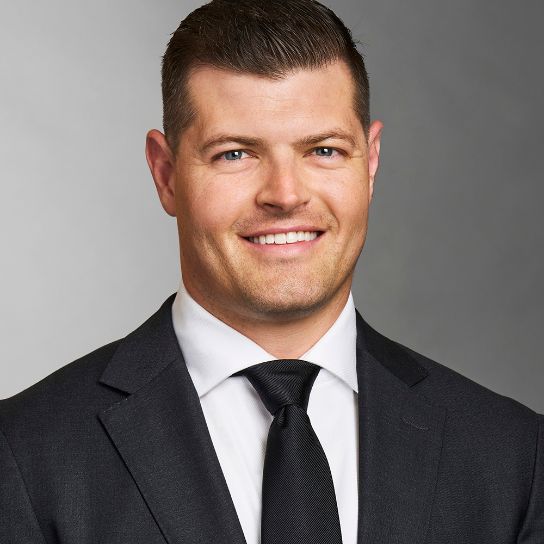Herbert Smith Freehills recognises and acknowledges the unique nature of military service and respects all those who have served in the military and their family members.
As a demonstration of our commitment to veterans and their family members, we have signed the Australian Government’s Veterans’ Employment Commitment. By signing the commitment, Herbert Smith Freehills has publicly declared to (among other things):
- Actively seek to understand how veterans’ skills and experience can translate into civilian skills and contribute to the firm
- Support the employment of veterans to ensure that they have equal opportunity in gaining employment with the firm
- Provide career opportunities to veterans within the firm
- Provide suitable training, mentoring and coaching to veterans to assist their integration into the firm
- Support the family members of veterans and those serving, recognising the unique challenges they may experience
Our vision
To be recognised as an organisation whose commitment to serving the veteran community is meaningful in terms of both its impact and outcomes.
The Network
Our Veterans' Network has been established to actively encourage and facilitate the employment of veterans at our firm and to highlight the skills, experience and diversity of thought that veterans and their family members offer.
The Network is made up of solicitors, senior associates, partners and business services professionals who have served or are currently serving in the armed forces, or have friends or family members who have served or are currently serving. Members of our Veterans’ Network are located throughout our Australian offices and work closely with our London office’s Military Network. These networks, and our firm more broadly, believe the legal sector is an excellent profession in which veterans can develop the transferable skills and experience acquired during their service.
The Veterans' Network sits proudly alongside our existing IRIS (LGBT+), Gender Equity, Ability and Multicultural networks. To read more about our approach to Diversity and Inclusion, please visit this page.
For more information about our Veterans' Network please email [email protected] or reach out to the key contacts at the bottom of this page.
Our Veteran Mentoring Initiative
Our Veteran Mentoring Initiative (VMI) is a professional mentoring program which connects veterans throughout Australia with members of our Veterans’ Network for one-on-one mentoring.
Mentorships are offered to veterans who have completed the first year of their law degrees and are looking to discover the opportunities that are open to them as they embark on their legal careers. As part of the VMI, regular workshops are held for mentees on a range of topics, including:
- CV, cover-letter and clerkship application tips and tricks
- interview preparation
- professional networking
- practice group (e.g. Corporate, Dispute Resolution, Banking and Finance, Real Estate etc.) introduction
Eligibility
To be eligible to apply for the VMI, you must:
- be currently studying law at an Australian university
- have successfully completed the first year of your law degree
- be a veteran of any defence force in the world
Key dates for the 2024 VMI intake
Applications open: 13 November 2023
Applications close: 15 March 2024
Applicants notified: 20 March 2024
Program commences: 25 March 2024
Why we want more veterans at HSF
![]()
Leadership
In the military, leadership training begins from the day of enlistment. From basic training onward, each veteran is trained to not only perform their own roles and responsibilities but also the roles and responsibilities of those above them so that they are ready to step-up and assume command when the opportunity arises. Due to their extensive leadership training, veterans are confident leaders who can lead by example and motivate others to achieve tasks, objectives and missions both on-time and on-budget.
![]()
Communication
Poor communication can have fatal consequences in the military. From transmitting important messages over the radio to delivering orders to subordinates, each veteran is trained to communicate clearly and concisely so that their messages are accurately received and understood. They are also trained to communicate with and instruct their subordinates, either one-on-one or in larger groups.
![]()
Teamwork
In the military, effective teamwork is literally a matter of life and death. That is why teamwork is the cornerstone of military training. Throughout their careers in the military, veterans were part of a team that required each member to work effectively in order to achieve tasks, objectives and missions. As a result, veterans show unfailing loyalty to their teammates above all else and think in terms of the plural rather than the singular.
![]()
Problem solving
Veterans have unrivalled problem-solving abilities when compared to civilians because they have been trained to problem solve, critically think and make high quality decisions in high-stress and unpredictable situations. From their earliest career stages, veterans are trained to analyse problems by systematically taking into account all relevant factors and to devise considered plans by making optimal use of all available resources.
![]()
Ability to perform under pressure
The ability to perform under pressure is one of the most important skills in the military. Throughout their careers, veterans were required to prepare for unknown challenges and to perform their roles under some of the most arduous and stressful situations imaginable. As a result, veterans are able to present their best work despite added stress and have the ability to stay composed and lead teams in pressure-filled situations.
![]()
Self sufficient
Throughout their military training, veterans are trained to be confident, self-sufficient and be willing to have a go. Due to this training, veterans are highly motivated people who set high goals for themselves and achieve them. Even when placed in an entirely new role or position, veterans can operate without constant guidance from their supervisors and will quickly learn how to work in that new role or position efficiently.
![]()
Adaptable
War is uncertain and unpredictable, therefore circumstances and orders can (and often do) change. This is why veterans are trained to keep their cool when things don't go to plan and to adjust to situations on the fly. Due to their military training, veterans are used to operating within constantly evolving operational environments and have the ability to readily adapt to changing requirements.
![]()
Values driven
Military personnel are bound by an ethical and cultural foundation where values provide both a source of moral courage and strength to take action. Core values such as courage, integrity, initiative, respect, teamwork, and agility underpin the military's activities and are instilled into each recruit from the day of their enlistment. Veterans carry these core values with them throughout their lives and seek to instil them in others.
Key contacts
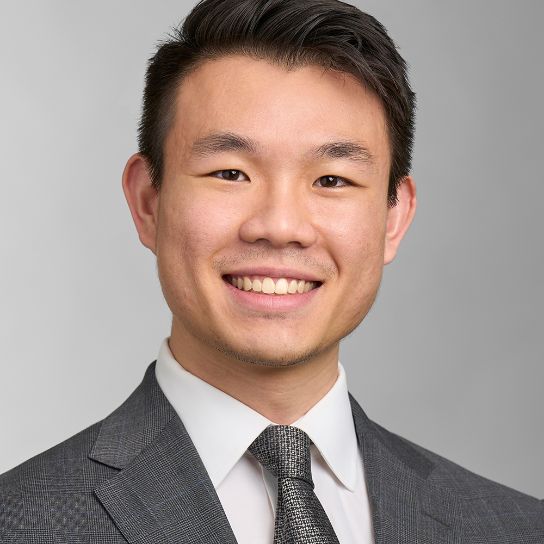
Jeremy Koh
Veterans’ Network Chair, Solicitor, Perth, Former Logistics Coordinator, Singapore Armed Forces
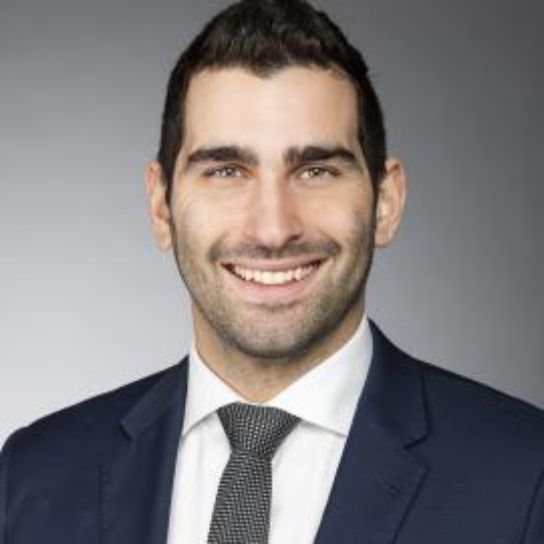
Omer Rom
Senior Associate, Melbourne, Former Sergeant, Israel Defence Forces

Kara Powell
Recruitment Coordinator, Veteran Family Member
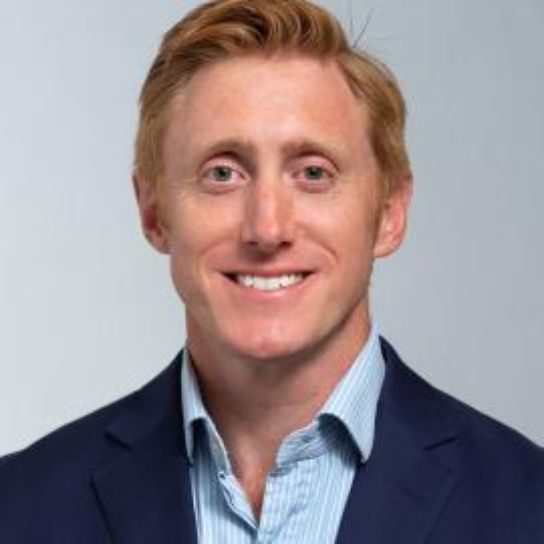
Will Henry
Learning & Devt Manager, (Founder), Former Intelligence Corps Officer, Captain, British Army
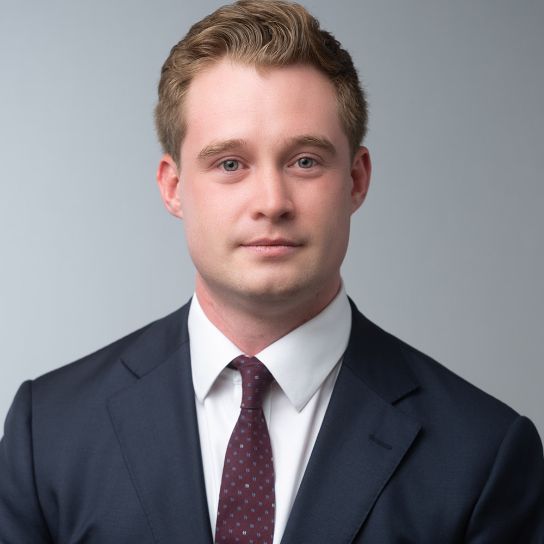
Rainer Gaunt
Solicitor, Sydney, Air Force Security, Leading Aircraftman, Australian Air
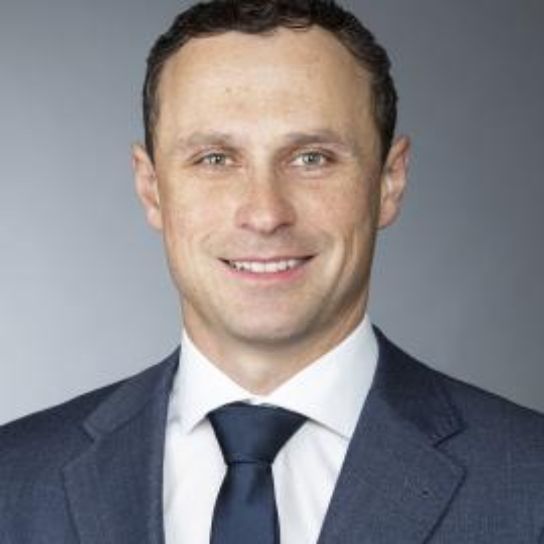
Victor Bold
Solicitor, Melbourne, Infantry Officer, Major, Australian Army (Reserves)



